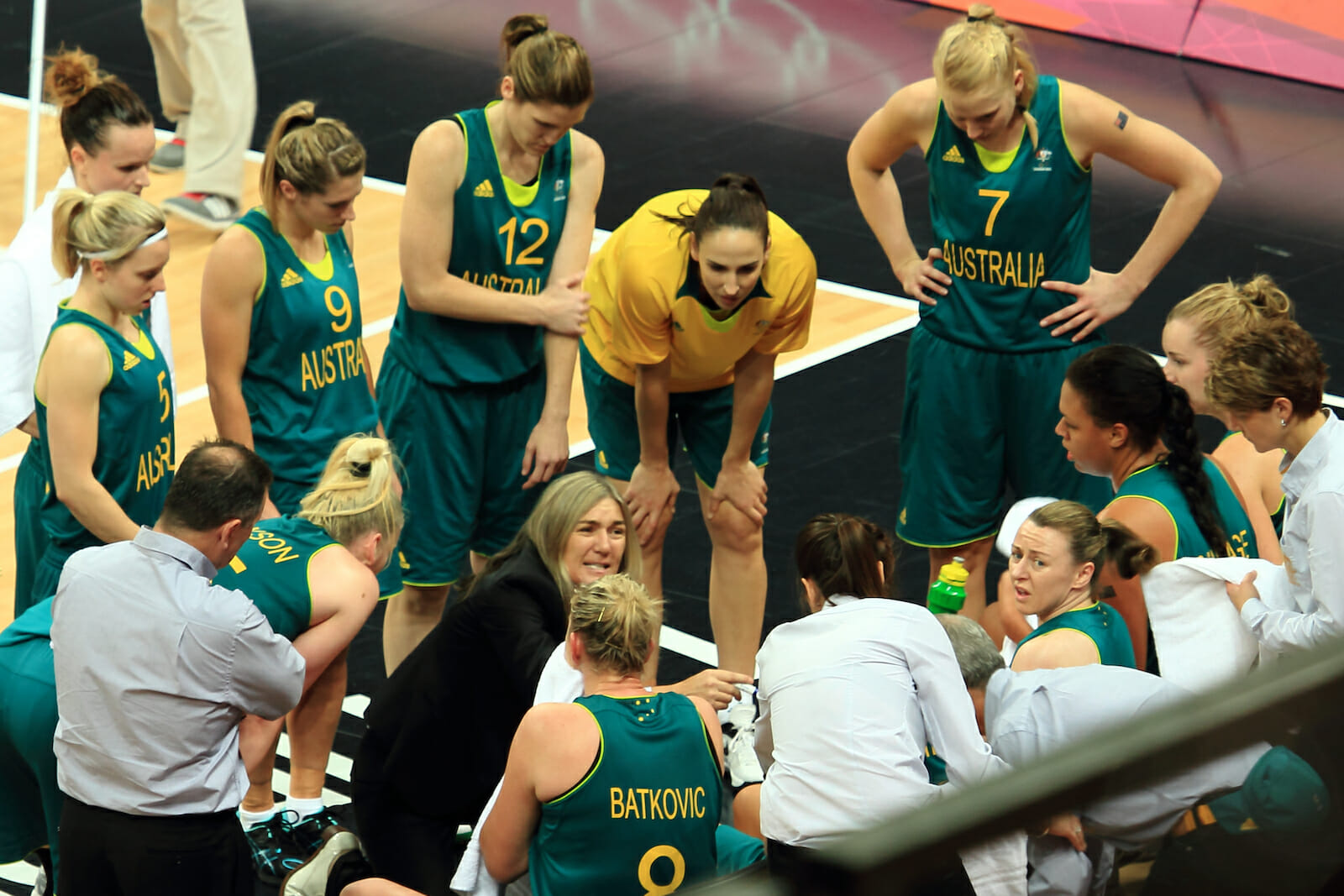
Medal Madness and Sporting Myopia: Australia’s Misery Continues
A certain disease has taken hold of the sporting consciousness in Australia. Some might argue that it was jaundiced to begin with, obsessive, narcissistic, and, in spates, self-loathing. But the recent ‘silver’ performance of the Australian athletes, most conspicuously in such sports as swimming and rowing, has triggered a sentiment that needs not only reining in but culling.
Consider, for instance, the remarks by John Coates, Australia’s Olympic poobah. In May 2010, the Australian Olympic Committee was told that the government would increase funding to elite sports, with an Olympic focus in mind. “It would’ve helped if the government had moved quicker and the funding been available at the commencement of this Olympiad.” Cash for gold medals is evidently the AOC’s motto. Not only is this a besmirching of the athletes who did win silver, but it ignores the disproportionate emphasis that is being placed on the Olympics. (The Australian contingent is already bloated – at least in terms of numbers.) Other insidious symptoms of this silvered show are also revealing themselves.
Australian broadcasters (read, broadcaster) are simply not showing the standing of the national team on the medal tally anymore – such displays are simply considered shaming acts. (Surely, the other way is to see them as affirming acts of humility in recognition that there are, god forbid, decent, competitive and dare one say it, better teams out there.)
This reached the level of comedy when New Zealand’s remarkable effort was somehow effaced from the Australian sporting record. Channel Nine, whose coverage of these games has been lamentable in its ignorance and woeful in its myopia towards countries that do not sport the somewhat tarnished green and gold, refused to show the New Zealand medal count. The channel also persists in running commentary that is encyclopaedic in its lack of awareness of names and tactics from opposing teams. 105,000 Australians have even taken the trouble of ringing up the network, asking its media politburo to stop running “swimming, repeats of swimming, interviews of swimming, analysis of swimming, previews of swimming.”
A prime example of this nationalist boorishness was the commentary on the Greek-Australia water polo match. “The Greek player grabs the ball…The Greek player shoots the ball…The Greek coach…” and the rest is painfully consistent to form. The match should have been termed “The Greeks with no names.” Australia’s first sporting reform out of this Olympics should be to sack the entire Channel Nine staff who were hired but to demand a return of their overinflated salaries. The same effort of effacement and denial would have been done to Great Britain were it not for the fact that the host country is making a tough fist of it in third place behind the superpowers, the United States and China. Hiding the third-placed country in a medal tally is almost impossible, though Channel Nine may yet find a way around this hurdle of reality.
As Matthew Fisher of the Vancouver Sun surmised, “My favourite take on the Olympics so far comes from New Zealand. With the games now past the halfway point, there has been a lot of crowing Kiwis because with three gold medals they are 14th in the official medal table, nine places ahead of Australia, their arch-rivals from across the Tasman Sea.”
Sucker punch, neatly landed, and the Australian psyche reels. The New Zealand press was quick to pick up on the reaction. “Australian media are in denial,” noted the New Zealand Herald, “the first stage of grief – at seeing New Zealand above their team on the Olympic medal table.”
It could be said that medal madness is not a specifically Australian condition. During the Cold War, the medal podium was a form of political calculus – the more medals, the more glorious the society that produced them. That both the Soviet Union and the United States were parading their own fantasies on the sporting pitches did not matter one iota – what mattered was getting ahead on the podium. This most odious manifestation came in the form of the East German superstars who, in the name of rendering the proletarian paradise golden, fed their athletes a crippling diet of steroids that would take their post-Olympic toll.
The excuse then, and not a particularly good one at that, was a fierce, remorseless confrontation between two ideologies that made their citizens fodder for a grand social experiment. Australia has no such case to fall back on. A country made wealthy through dumb luck, now gripped in debates about how its mining booty might best be redistributed, is better off without this sporting neuroses. The athletes, when the boots are eventually hung up, are mere ambassadors for the country they represent. And that country’s sporting structure, not to mention its sporting commentators, are in need of a drastic spring cleaning.

